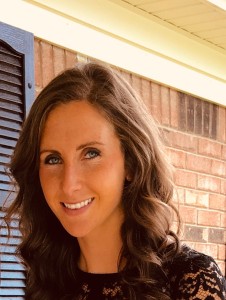We are pleased to announce the addition of a new physician at Georgetown Pediatrics.
 Dr. Caitlyn Anglin is returning to the place she fell in love with when she was an undergraduate at Georgetown College. Raised in Dry Ridge, KY (a small town between here and Cincinnati), she is thrilled to practice pediatrics in such a wonderful place!
Dr. Caitlyn Anglin is returning to the place she fell in love with when she was an undergraduate at Georgetown College. Raised in Dry Ridge, KY (a small town between here and Cincinnati), she is thrilled to practice pediatrics in such a wonderful place!
Dr. Anglin sees how children bring fun and positive energy to any room, and loves working with the whole family unit to help them stay healthy and achieve a bright future. As a physician, her special interests are newborn care, ADHD, and combatting childhood obesity.
When she’s not working, Dr. Anglin enjoys running, camping, hiking, kayaking, attending concerts, and hanging out with family, friends, and her pup Pearl.
July 22 will mark Dr. Anglin’s first day in our practice. You may call our office any time to set an appointment with her for your child.
Please join us in welcoming Dr. Caitlyn Anglin to our practice and to the community!


